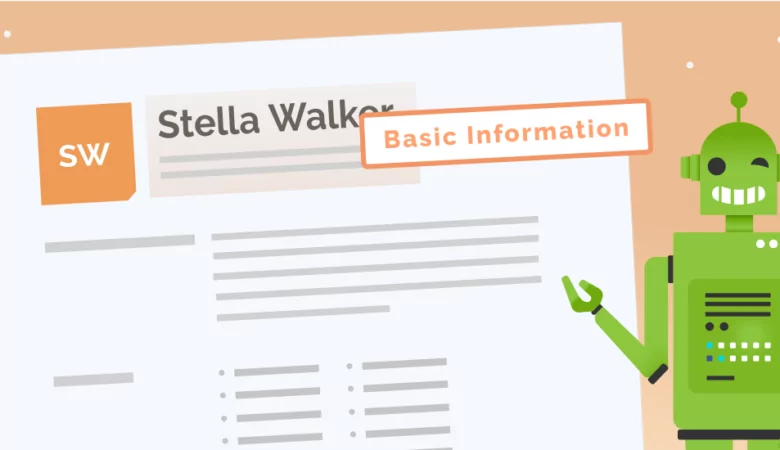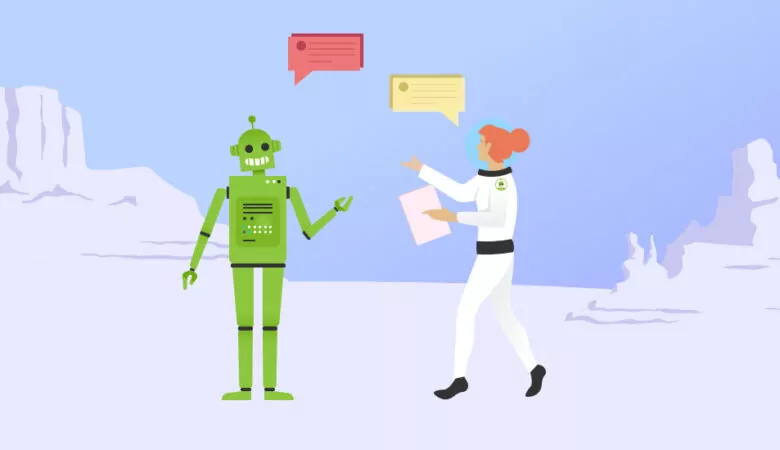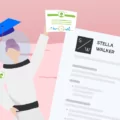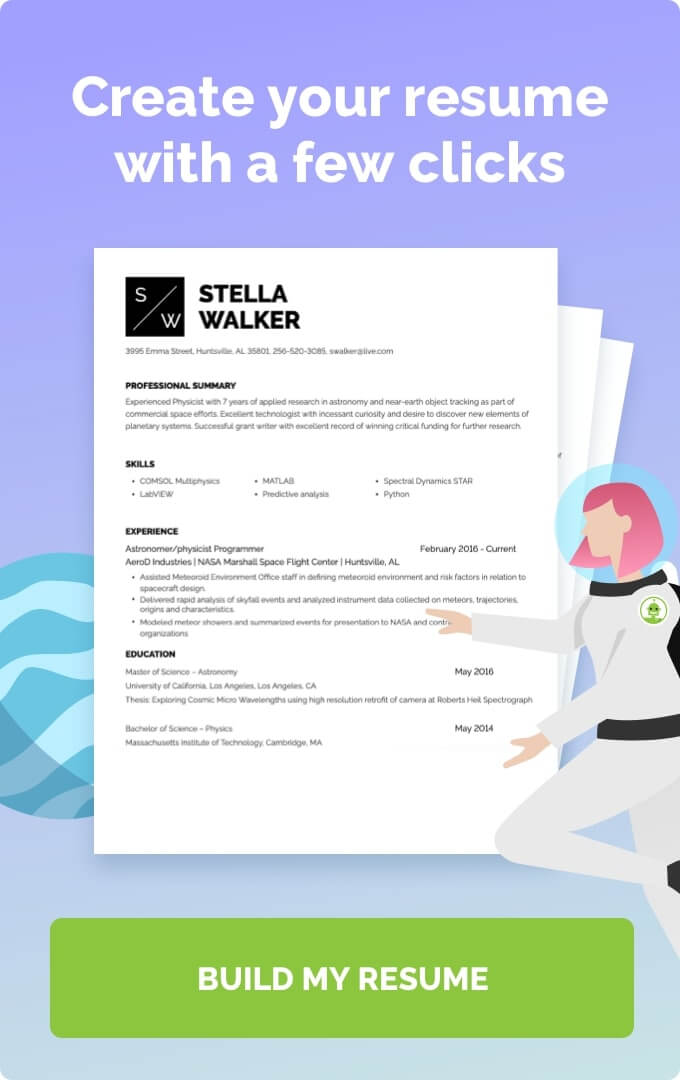To show a potential employer that you are the missing piece in the workplace puzzle, you have to show you’re a fit. You need to flex your experience and skills. But does that mean showing off all your work history? How far back should your resume go?
If you’ve only ever held one or two jobs, the answer’s easy: include everything. But what if you’ve had five, ten, or fifteen jobs? What if you’ve been in the field for decades? How about if you made a career change?
Here, we’ll explore how to make the best call on how far back your resume should go — and how to intelligently organize and format your experience section to show that you’re the best contender for the job!
Table of Contents
 How Important Is Work History on Your Resume?
How Important Is Work History on Your Resume?
When we talk about how far back your resume should go, we’re primarily talking about the experience section. This is where you list your work history. Before you can figure out how much to include, it’s important to understand why this section matters so much.
A boring, bare-bones experience section could be hurting your chances of getting interviews. According to Julie Chase, Co-founder and Head Job Coach of Dream Job Catcher, a job search coaching business, the experience section isn’t just about stating where you worked and when you worked there. It’s more about demonstrating that you’ve got what it takes to get the job done. “Hiring managers want to understand how your background is relevant to the roles they’re filling including the main responsibilities and scope. They want to know what teams you work closely with and the impact you’ve made.”
Your work history also tells hiring managers the story of your career path. “They also want to see the trajectory of your career — if you’ve had a series of progressive roles in terms of title or scope as well as if you’d made career change,” notes Chase.
A well-written experience section can also help you nab the all-important job interview, according to Lynn George, a professional career coach, speaker, trainer, and founder of Lynn George Consulting, “The purpose of the resume is to get an interview, therefore, relevant work experience on a resume is essential to getting an interview for the role you are targeting,” says George.
 How Far Back Should Your Resume Go?
How Far Back Should Your Resume Go?
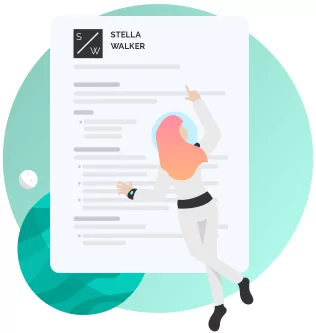 Work experience clearly matters… but how much of it should you include on your resume? Ultimately, it depends on your level of experience. Let’s look at different scenarios for more and less-experienced job seekers:
Work experience clearly matters… but how much of it should you include on your resume? Ultimately, it depends on your level of experience. Let’s look at different scenarios for more and less-experienced job seekers:
Work History for Experienced Job Seekers
If you’re established in your field and have a lot of experience, your resume might go back a decade or more. “The rule of thumb is 10-12 years,” notes George.
For extremely experienced applicants, more isn’t always better. “There’s no hard and fast rule, but I typically go back 15 years for senior-level professionals,” says Chase. “If there are relevant roles or great brand names, I add an ‘Additional Experience’ section without dates so this helps prevent unconscious age bias.”
Work History for Job Seekers With Little or No Experience
What if you’ve been in the workforce for less than a decade… or if you’re a recent grad, changed careers, or have little to no work history in the field?
In cases like this, your experience section might not speak for itself. Therefore, Chase advises bringing attention to your strengths in other areas of the resume, such as your professional summary statement. “I recommend adding a profile section at the top that explains who you are including your key strengths,” she says. “You can include a statement about what you’re pursuing and why to help bridge the gap between your experience and the role you’re looking for.”
Emphasizing skills or considering a functional resume format could be another tactic. If you have little to no experience, George notes that your focus is key: “I advise my clients to focus on their transferable skills, not the lack of experience you have going into the interview.”
Changing Careers and Work History
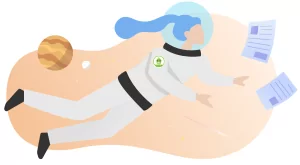 What if you’re changing careers and your work experience simply doesn’t have much to do with the position you’re pursuing? It might be tempting to leave off work history that doesn’t relate to the position at hand, but avoid the temptation. This type of work experience cherry-picking can make it look like you have something to hide.
What if you’re changing careers and your work experience simply doesn’t have much to do with the position you’re pursuing? It might be tempting to leave off work history that doesn’t relate to the position at hand, but avoid the temptation. This type of work experience cherry-picking can make it look like you have something to hide.
“Leaving off work experience is never a good idea,” George says. If an employer discovers that you have experience within your last 10-12 years of work which you didn’t disclose, it could come off as untruthful. “Your work experience should be on your resume even if it has nothing to do with the job you are applying for. The key is to tailor your resume for the job you are targeting,” explains George. “For example, if you were a teacher for fourth-grade reading but you would like to apply for a Trainer role in a different industry, you need to tailor your resume for the Trainer role using your experience and transferable skills as a teacher.”
 Curate Your Content: Tips for an Effective Experience Section
Curate Your Content: Tips for an Effective Experience Section
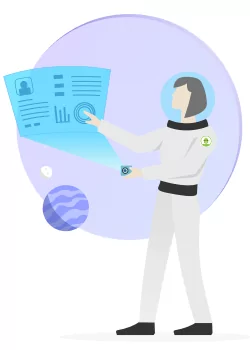 Thinking about how far back your resume should go is only part of the equation for a successful experience section on your resume. Not only do you have to consider what you choose to include, but how you choose to convey the information.
Thinking about how far back your resume should go is only part of the equation for a successful experience section on your resume. Not only do you have to consider what you choose to include, but how you choose to convey the information.
Cleverly curating your content all starts with understanding the role you’re applying for, advises Chase. “I recommend reading through the job description, highlighting the key things you’ve done, and including in your resume,” she says. “If it doesn’t have a lot of detail, you can look at similar job descriptions and see if you can find more information. It’s also helpful to talk to people in that role to understand their main responsibilities.”
From there, you can ‘aim’ any of your work history in the right direction: use keywords or emphasize skills or achievements in past roles to demonstrate that your talents are transferable.
George advises telling a story with each entry in your experience section. “Your work experience adds value to you as a professional and person,” she says. “Figure out what that value is by identifying what did you learn then apply and focus on the relevancy to the job.”
To really take the experience section of your resume to the next level, George suggests making sure each entry includes these three elements:
✓ A problem that you solved on a project or in a role
✓ The action you took to resolve the problem
✓ The results/positive outcome.
 How to Be the Perfect Fit
How to Be the Perfect Fit
Figuring out how far back your resume should go isn’t just a matter of cutting off your work experience at a specific date. Rather than playing a game of ‘how far back can you go,’ make sure your experience section focuses on what really matters: demonstrating to potential employers that your past experiences have adequately prepared you for the job at hand.


